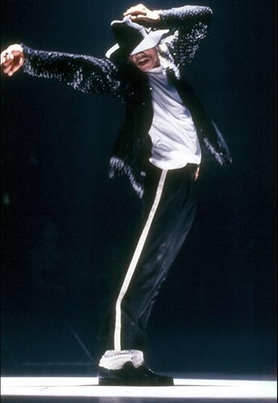據說邁克爾?杰克遜自6月故去以來的收入已經超過了7000萬美元,你能想象嗎?《福布斯》雜志似乎從幾年前就已經注意到了這樣的“已故名人”效應,所以,他們推出了每年的“已故名人收入榜”。

The trouble with having some famous person endorsing your products is that they can — and often will — say or do things that adversely affect your reputation. How good it would be to have a celebrity on board who could be guaranteed to be the epitome of discretion, always there but always on message. This is part of what lies behind a slang term of the marketing and entertainment business that has recently started to appear in media addressed to the wider world: deleb, short for “dead celebrity”.
找名人為產品代言的麻煩就是他們有時會說出或者做出一些影響產品聲譽的事情。如果能找到一位名人,可以保證其言行無誤、隨時候命但永遠無法親見,那該多好啊。這就是最近市場營銷和娛樂業中一個俚語開始在媒體中廣泛出現的部分原因,這個詞就是deleb,“已故名人”英文表達的縮寫。
On 29 October 2009 newspapers reported Forbes magazine’s annual list of the Top-Earning Dead Celebrities. This put Yves Saint Laurent at the top, followed by Richard Rodgers and Oscar Hammerstein, with Michael Jackson coming third. The income of these delebs proves the truth of the old saying — sometimes death really can be a good career move.
2009年10月29日,很多報紙都報道了福布斯年度已故名人收入榜。伊夫?圣?羅蘭居首,理查德?羅杰斯和奧斯卡?哈默斯坦恩緊隨其后,邁克爾?杰克遜位列第三。這個排行榜證明了那句老話——有時候死亡可以讓事業更進一步。
You'd think that the word delebrity would just be the longer version of deleb, but that doesn't seem to be the case. In most usages, a delebrity is a famous fashion designer (designer + celebrity).
你可能會以為delebrity是deleb的加長版形式,但其實不是的。大多數情況下,delebrity指的是有名的時尚設計師,是designer(設計師)和celebrity(名人)的合成詞形式。
相關閱讀
(中國日報網英語點津 Helen 編輯)